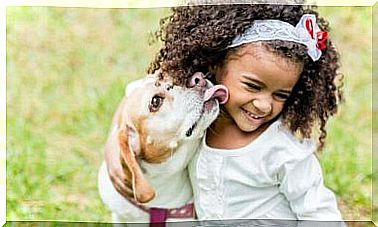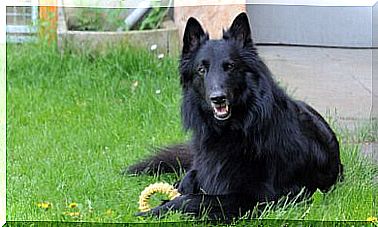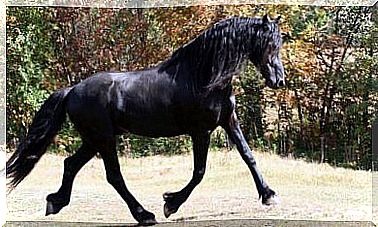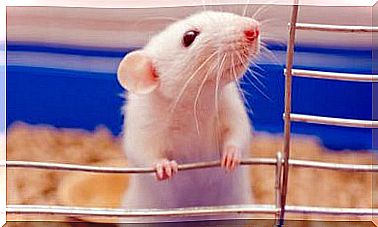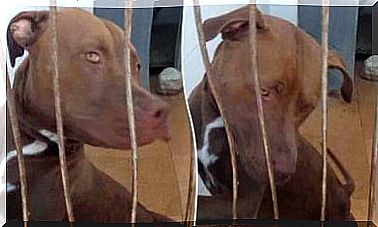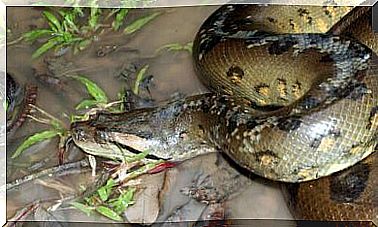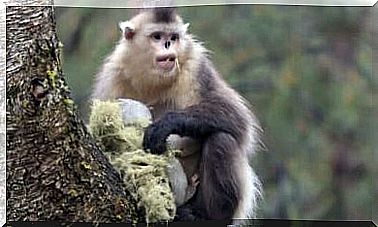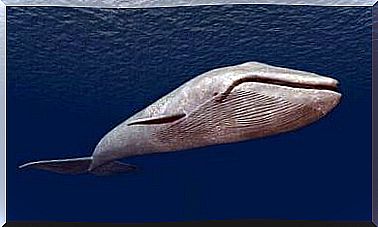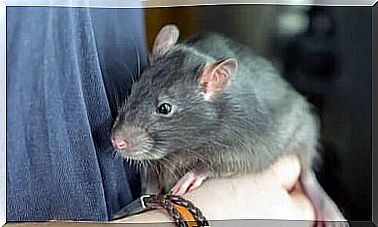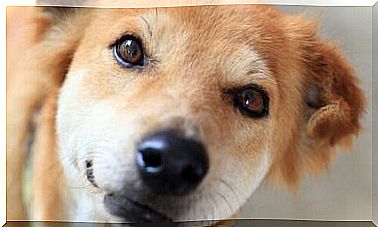Prohibited Food For Parrots
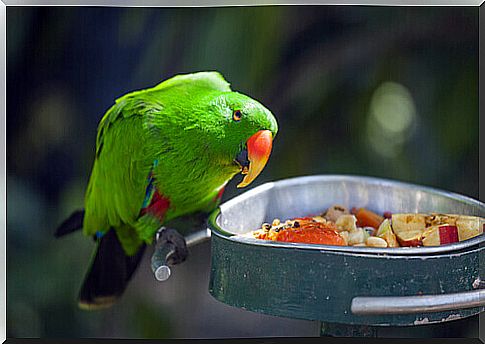
Feeding parrots is one of the most important points when it comes to having one of these pets. There are several prohibited foods for parrots that we must take into account when preparing their rations, as we run the risk of poisoning them.
What do parrots eat?
As a general rule of thumb, parrots should eat specialized food, along with seeds and fresh fruit to enrich their diet. That said, we should seek expert advice and not offer food that could poison these birds. Let’s review the parrots’ diet before dealing with prohibited foods:
- Although widely used, seed mixes have one drawback: parrots often select the ones they like best, such as sunflower seeds and peanuts. They choose the most fatty foods.
- As for the ration, this type of food is generally much more balanced and, as it is a mixture of seeds and fruits, the parrot will not be able to choose less healthy foods. That’s why it might be a good option to use this diet, as long as it’s good quality feed.
- Fruits are very palatable to birds. They are very fond of banana, melon, peach, cherry, tangerine, orange, mango, apple, kiwi, papaya, apricot and grape.
- Watercress, chard, spinach, celery, artichoke, green peppers, cauliflower, broccoli, cucumber, carrots or tomatoes can be fed to these birds. Although vegetables may be a little less tasty, it’s a good idea to test which ones they like best so you don’t overindulge in sugary fruits.
A proper diet
A varied and balanced diet free of prohibited foods for parrots is undoubtedly the most beneficial. It is certainly better to base your diet on high quality foods, at least 50% of it.
Fruits and vegetables, already mentioned, must be varied, and are recommended every day, so that they can represent between 20 and 40% of the diet of these birds.
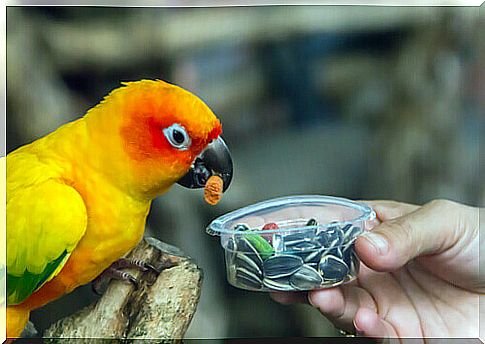
Finally, seed and legume mixtures can enrich the diet, but they should only be offered occasionally. Unsalted or high-sugar dairy products can be a good way to enrich the parrots’ diet.
We always recommend that, to meet the ethological needs of these animals, their diet is not available in feeders, but in environmental enrichment devices made for pet parrots.
Prohibited foods for parrots: fruits and vegetables
Of course, most processed foods consumed by people are prohibited for parrots. In this sense, we discuss the correct diets, because most of what is left of them is harmful to the diet of these birds.
Among the fruits, we can highlight avocado as one of the great foods prohibited for parrots: it has an element called persina, which causes cardiorespiratory shock. Another fruit that is not recommended is watermelon, due to its high content of glycoalkaloids.
Eggplant and some tubers, such as potatoes, contain solanine, a toxin to most animal species. These toxins can be eliminated through complete cooking, but it is preferable that we do not offer them this way either.
Garlic and onions are other foods that are prohibited for parrots, as well as for most animal species, as they can cause severe anemia.
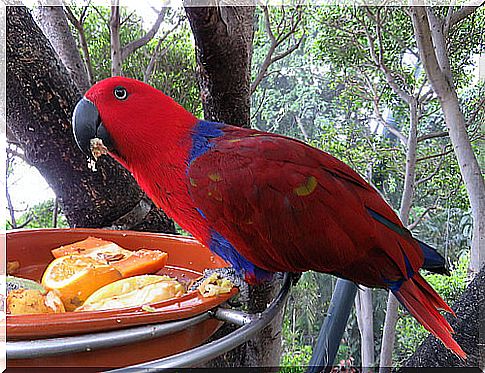
The consumption of fruit seeds is inadvisable, as many contain cyanide, although the doses needed to lead to death are high. Citrus fruits may seem like prohibited foods for parrots, but on the contrary, they are recommended. Although the excess can cause mild diarrhea.
Other prohibited foods for parrots
Honey is poorly digested by these animals because it alters the intestinal microbiota and produces stomach inflammation, known as gastritis.
Coffee and tea are considered prohibited foods for parrots due to their high caffeine content, which causes hyperactivity in these animals, which could lead to heart problems.
Another major toxicant is chocolate, the great poison for dogs and many other animals, including these birds. Theobromine stimulates the nervous system and can cause seizures, vomiting, diarrhea and death. We must never give chocolate to any animal, and its ingestion requires the immediate attention of a veterinarian.
While it’s obvious, alcohol, salt, and dog and cat food are prohibited foods for parrots, and should never be given, even if only occasionally.
Be careful with these prohibited foods for parrots when you prepare your pet’s diet as they can endanger your health and well-being.
